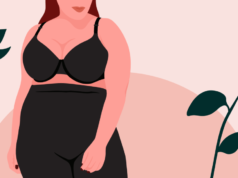
Peace of mind is a natural beautifier. Nothing can make you more attractive than having a bright outlook and a sunny disposition.
It is no surprise that your body and looks can go haywire when stress and anxiety wrecks havoc on your inner peace.
Your skin is among the first organs to feel the pressure. Sadness and anger can weigh down the face, resulting in wrinkles due to the repetitive furrowing of the eyebrows and frowning.
If you are overwhelmed, you may need to take a step back, reassess your priorities, and consider a skincare routine to help you get through each day.
The Science of Beauty
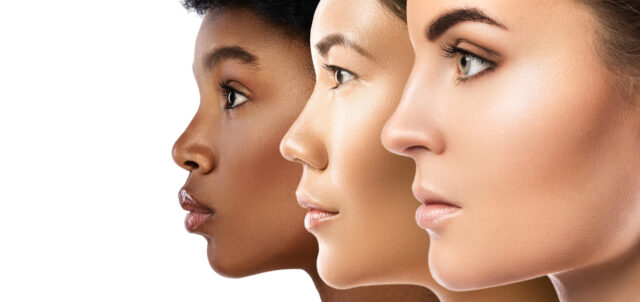
Beauty practices have been around for centuries, and there is scientific evidence to back up the benefits of beauty regimens for reducing stress and anxiety. For example, one study found that women who wore makeup had decreased levels of stress hormones in their saliva. Additionally, beauty treatments such as hair coloring and waxing have been shown to reduce cortisol levels, a hormone that is released when we are stressed. In general, taking care of our appearance can help us feel more confident and relaxed, which can make everyday tasks easier.
Head on this page to upgrade your beauty routine. Continue reading to discover what a beauty regimen can do to reduce stress and anxiety and how you can develop a routine that can take your “me time” to a new level
Reasons Skincare Routines Can Relieve Stress and Anxiety
A skincare routine can provide the following benefits:
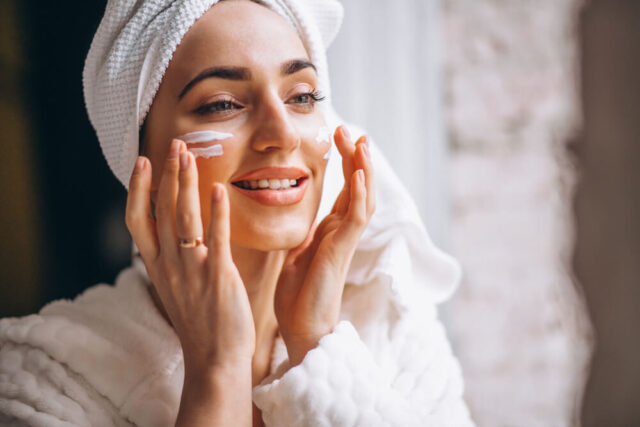
• Relaxation
The excitement of spending a few minutes pampering yourself can be enough to give your brain a reason to loosen up and focus on the positive effects of cleansing. Your mood gets even better when you have a new product to try.
Taking time to freshen up also makes you feel good about yourself. As you use your favorite skincare products, you can also put pressure on your facial muscles using your fingertips or with a facial roller to improve blood circulation and release tension.
Massages cause your body to release endorphins, which improve your sense of well-being. The physical stimulation also moves the lymphatic fluid to flush out the buildup of lactic acid and toxins.
• A sense of control
Completing a simple yet fulfilling task like a skincare routine can bring a sense of structure when there are many things at home, work, or school that you cannot control.
A skincare routine is a ritual that perks up your morning and bookends your day. Your morning regimen can prepare your body for the start of the day, while your evening routine can help usher in your body for bedtime.
Your beauty regimen can also support your body’s circadian rhythms (natural day-to-night cycle).
• Boost your confidence
Being able to care for your skin allows you to feel beautiful. With good self-esteem, you can relate with others without shame.
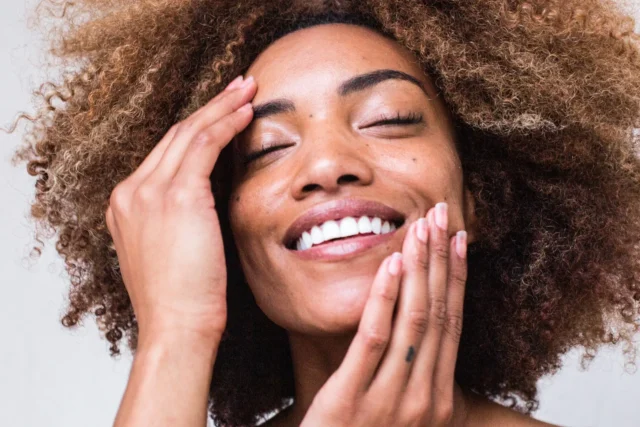
Ways in Which Your Skin Indicates How Your Body Is Dealing With Stress
Your skin can reveal the way you are coping with stress or anxiety.
Puffy under-eye bags usually develop due to lack of sleep, dehydration, and increased intake of high-sodium food. The contributing factors usually occur when you are too busy working or attending to loved ones for extended periods.
Chronic stress and anxiety can also trigger the body’s release of histamine, leading to the appearance of hives—also referred to as stress or anxiety rashes.
What’s more, stress triggers the overproduction of cortisol. This hormone can slow wound healing and inhibit the formation of collagen, which is necessary for skin renewal.
Cortisol also puts your sebum glands on overdrive, causing your natural body oils to clog your pores, which can aggravate acne.
Developing a Skincare Regimen for Self-Rejuvenation
Here’s how you can beef up your skincare routine and turn it into DIY stress and anxiety-relief treatment:
• Massage your face
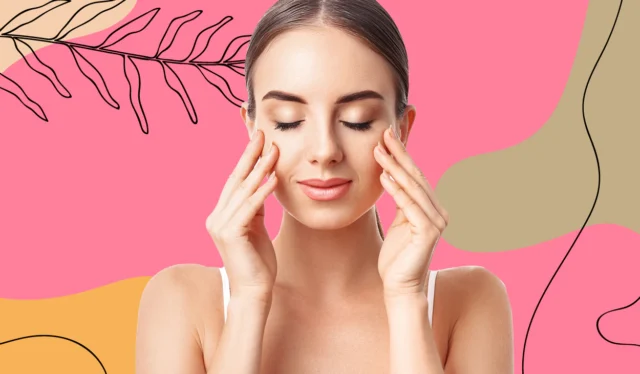
You can gently massage your face twice or thrice weekly for five to 10 minutes daily. When you do a facial massage before going to bed, it allows your face to soak in the product overnight.
Choose a facial oil or quality moisturizer that will match your skin type.
Ensure you cleanse your hands with water and soap and remove makeup from your face before the massage.
You may also apply an exfoliating solution first so that your skin can absorb the oil or moisturizer better.
During the massage, use gentle circular or upward motions. Move from the center of your face outward. Be extra gentle when massaging around the eyes, as these areas are the most delicate.
Extend your massage to your neck, nape, and shoulders for expanded relief.
• Add in some aromatherapy
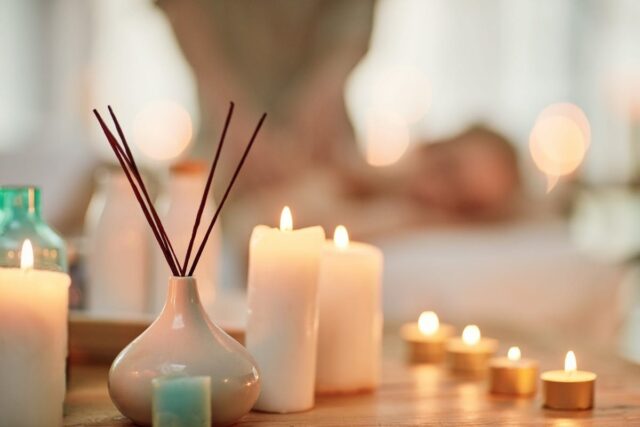
Natural fragrances such as peppermint, lavender, and rose oil can calm your nerves.
You can either use a diffuser to disperse essential oils into the air or mix your chosen essential oil with a carrier oil to avoid any skin irritation.
• End with a face mask application
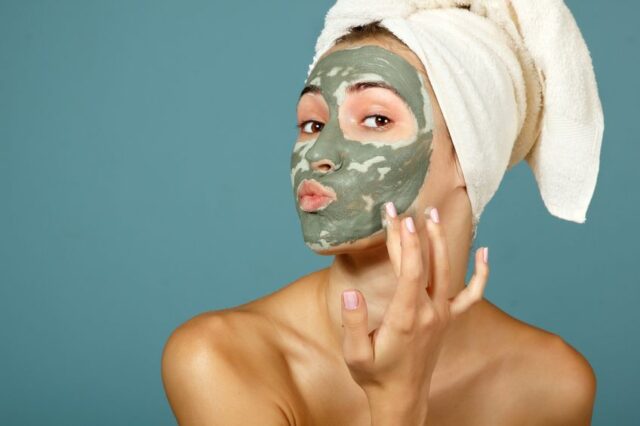
Choose a mask formulated with ingredients that will suit your skin type:
- Sheet masks: Available for various skin types; quick and no-rinse
- Cream: Dry skin
- Charcoal: For dry or oily skin, depending on other ingredients
- Gels: Oily skin
- Clay or mud masks: Oily and acne-prone skin
- Peel-off masks: Oily to acne-prone skin
Warming or self-heating masks are soothing to the face and stimulate blood circulation for better-looking skin.
Remember to read the ingredients and do a patch test before including any product in your skincare routine to avoid allergic reactions.
Conclusion
It’s no secret that stress and anxiety can take a toll on your physical and mental health, but there are ways to combat the negative effects of stress and anxiety. One key way to reduce stress and anxiety is by maintaining a proper beauty regimen — something that can help you feel confident and happy both inside and out. By incorporating some of these tips into your daily routine, you can start to feel better both physically and mentally, which will go a long way in reducing the impact of stress on your overall health.



